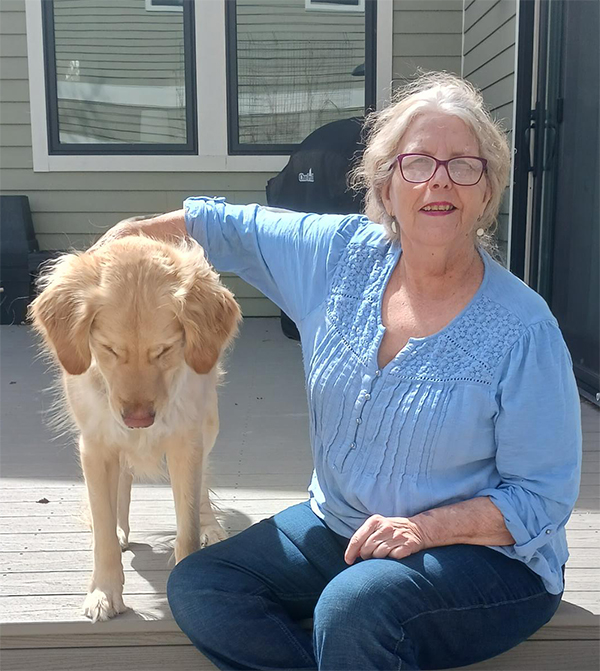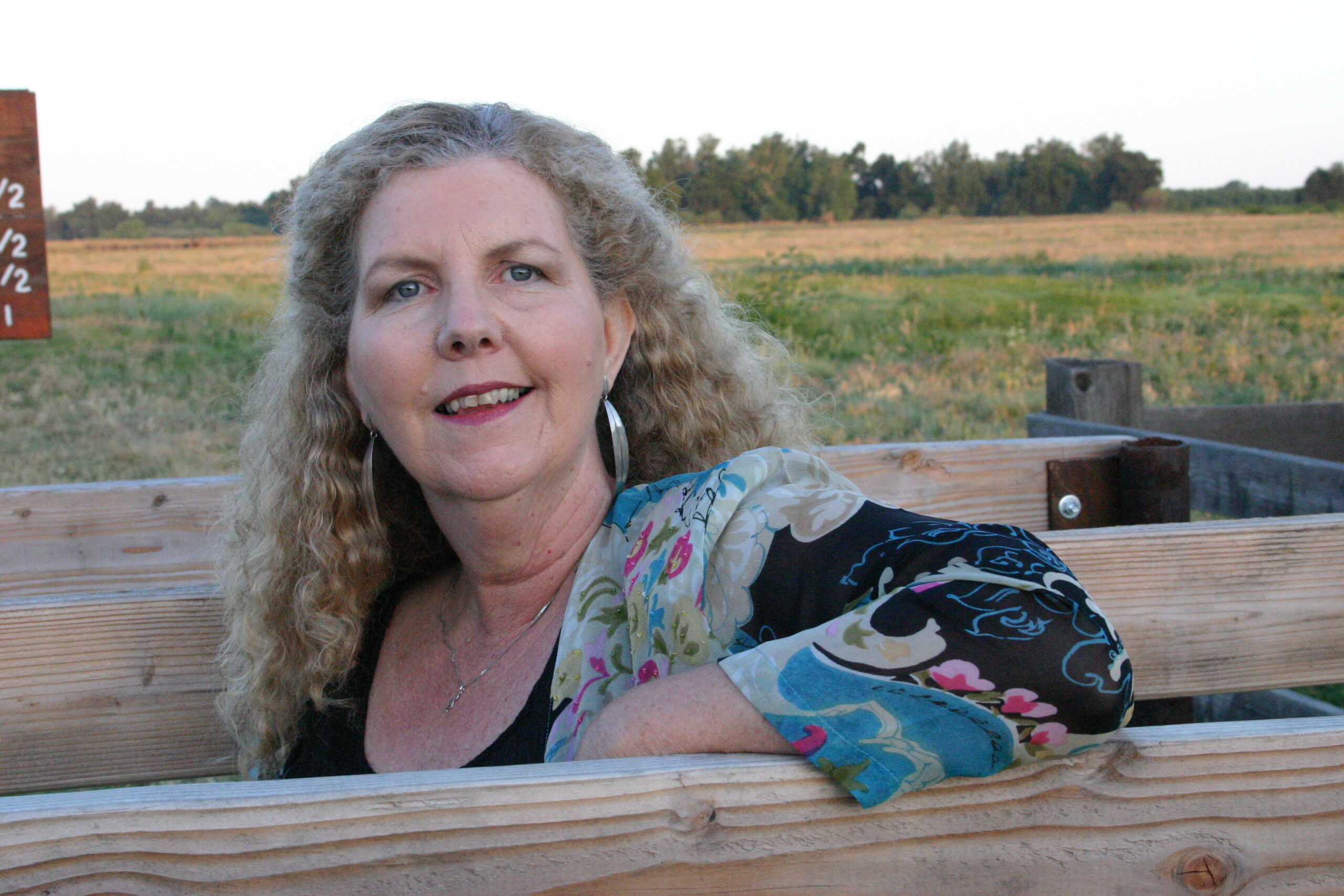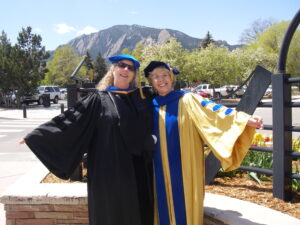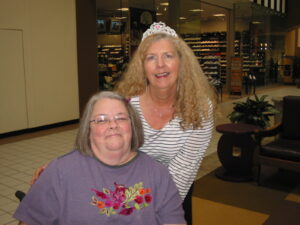LEZLIE NEEDS A LIVING KIDNEY DONOR
About LEZLIE
we need to find a living donor
Waiting 3-5 years for a kidney from a deceased donor is not the best path forward for Lezlie. With a living donor, Lezlie can get her kidney transplant sooner! Research has shown that when patients receive a kidney from a living donor, the outcome is generally better. Living kidney donation is also ideal because kidneys from living donors last longer than a deceased donor and there is a lower chance Lezlie’s immune system will attack her new kidney (rejection).

who is eligible to donate?
Lezlie is extremely lucky to have secured highly qualified medical help and support from the team at the University of Utah Health (UUH). She wants any interested persons to know that they will be in exceptional hands should they decide to step forward. UUH has shared the following as a pre-qualification list for donation:
- must be between the age of 18-69 years old.
- must be healthy and free of major health problems such as high blood pressure, diabetes, heart disease, obesity (BMI of 37 or less).
- must be mentally and emotionally healthy.
You Can Help Save Lezlie's Life!
Are You Interested In Donating?
If you are interested in becoming Lezlie's living donor, please complete the short contact form below. A donor advocate will reach out to you within one business day to answer any questions you may have and will guide you through the next steps in the process.
Have Questions About donating?
Having questions is normal! We have a great resource available. Please complete the contact form below and a donor advocate named Laurie will reach out to you. Laurie is a living kidney donor who can answer any non-medical questions you may have, guide you through the process, and connect you to great resources. If you have medical questions, we can connect you with the right team member at the University of Utah Health.
No, but i want to help!
Thank you! The best way you can help is by following Lezlie's Facebook page and sharing posts from her page on your Facebook page as much as possible. The more shares we get, the more people we can reach, and the better chance we will have of finding Lezlie's courageous donor.
PROCESS FOR STEPPING FORWARD AS A DONOR FOR LEZLIE
Below are the simple steps you will take to move through the living donor process. Know that even thinking about being Lezlie’s living kidney donor is a brave step and we are grateful for you!

COMPLETE CONTACT FORM
Fill out the short contact form below and Laurie, a donor advocate, will reach out to you within 1 business day to set up a time to connect.

DISCUSSION
During your time with Laurie, you will get to ask questions and get answers from a living kidney donor. She will tell you more about the process, address non-medical concerns, and connect you to valuable resources.

COMPLETE BREEZE FORM
Breeze is a health questionnaire that will be reviewed by Lezlie's medical team to determine your eligibility for living donation and the next steps.
Kidney Transplant Facts
Here are some things you may not know that reflect the urgent need for kidney transplants and living donation. After considering the facts, you will see why living kidney donation is Lezlie’s best option for healing and living a full life.
THE WAITING LIST IS LONG
There are over 100,000 people on the kidney transplant waiting list in the U.S. On average, most people will wait 3-5 years before getting a kidney from a deceased donor.
NEW NAME EVERY 9 MINUTES
Each day, 17 people die waiting for a life-saving organ transplant and a new name is added to the transplant waiting list every 9 minutes.
THERE'S A KIDNEY SHORTAGE
The shortage of deceased kidneys for transplantation continues to be a public health crisis in the U.S.
LIVING DONORS HELP
5,700 living kidney donor surgeries occur annually in the U.S. and the vast majority of kidney donors know the person they donate to.
KIDNEYS ARE INCREDIBLE
When a person steps forward to donate a kidney, only one is removed and the other grows and increases its function so the body can operate normally.
SPEEDY RECOVERY
Living kidney donors are often able to return to work within 2 weeks, and fully heal within 6-8 weeks.

From Lezlie
“I’m praying that someone will be moved by my story and feel that it’s important for that person to volunteer to be tested. I often think about other patients. There are so many others in need of a kidney, why should someone pick me? Still, I believe God has someone in mind who will be inspired by my story and will be a perfect fit for me.”
Questions & Answers
Unfortunately, the kidney disease (PKD) that Lezlie has is genetic, which means several of her close family members already have it or could have it. Therefore, they are not eligible to donate to Lezlie. It’s important to know that, in some cases, the best living donor is one who is not a family member.
While Lezlie's insurance will provide coverage for the donor's testing and surgery, the donor needs to have their own health insurance in the rare event any unknown health issues come up for the donor.
While Lezlie's insurance covers all costs related to the donation (for Lezlie and the donor), there are expenses that are related to the actual surgery for the transplant, like travel, meals, and lost wages that you may be reimbursed for. There are financial resources available to ensure you are not paying for anything out of pocket. We can provide more information on those resources, if interested.
Living kidney donors are often able to return to work within 2 weeks, and fully heal within 6-8 weeks. After surgery, the donor’s remaining kidney will grow in size and function, allowing them to live normal life with just one kidney.
The following are pre-qualification requirements for living donation: must be between the age of 18-69 years old, must be healthy and free of major health problems such as high blood pressure, diabetes, heart disease, and obesity (BMI of 37 or less), and must be mentally and emotionally healthy.
The ideal outcome for Lezlie is to find a living donor. She has already battled so much with her kidney disease that being on the kidney transplant waiting list for 3-5 years is simply not ideal. Long-term dialysis is not ideal as it can lead to a variety of complications such as low blood pressure (which causes dizziness), blood clots, and death. Once the kidneys have failed, dialysis functions somewhat like palliative care for kidney patients.







